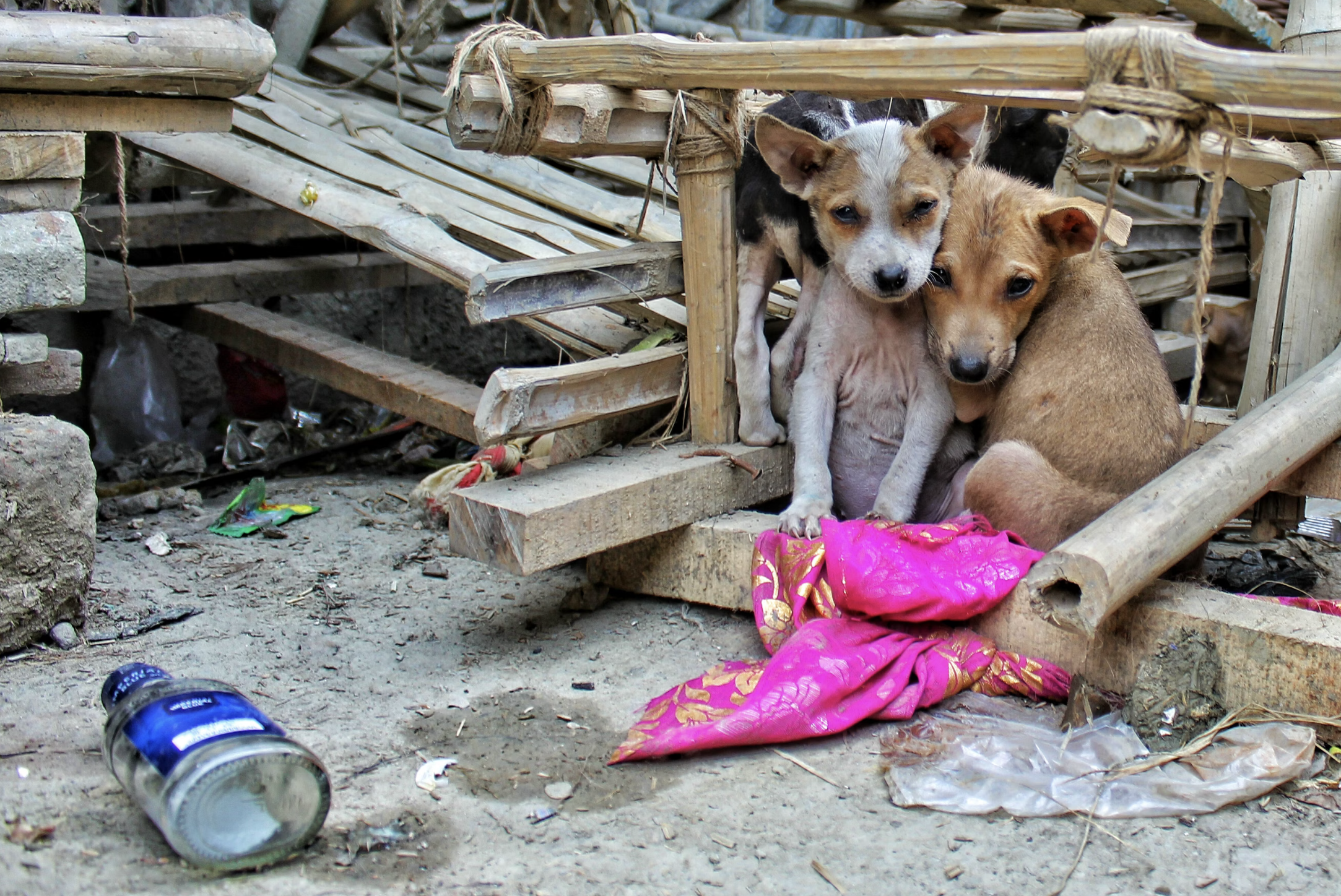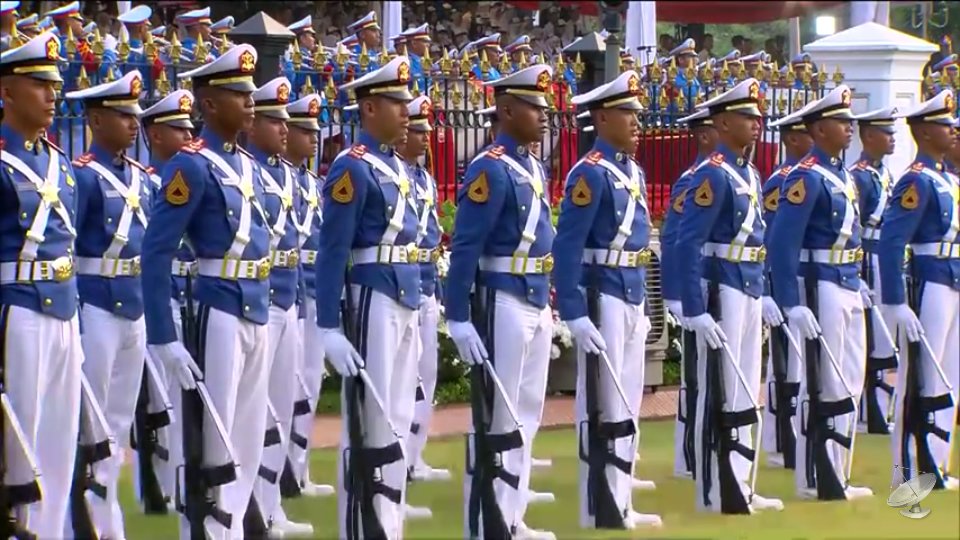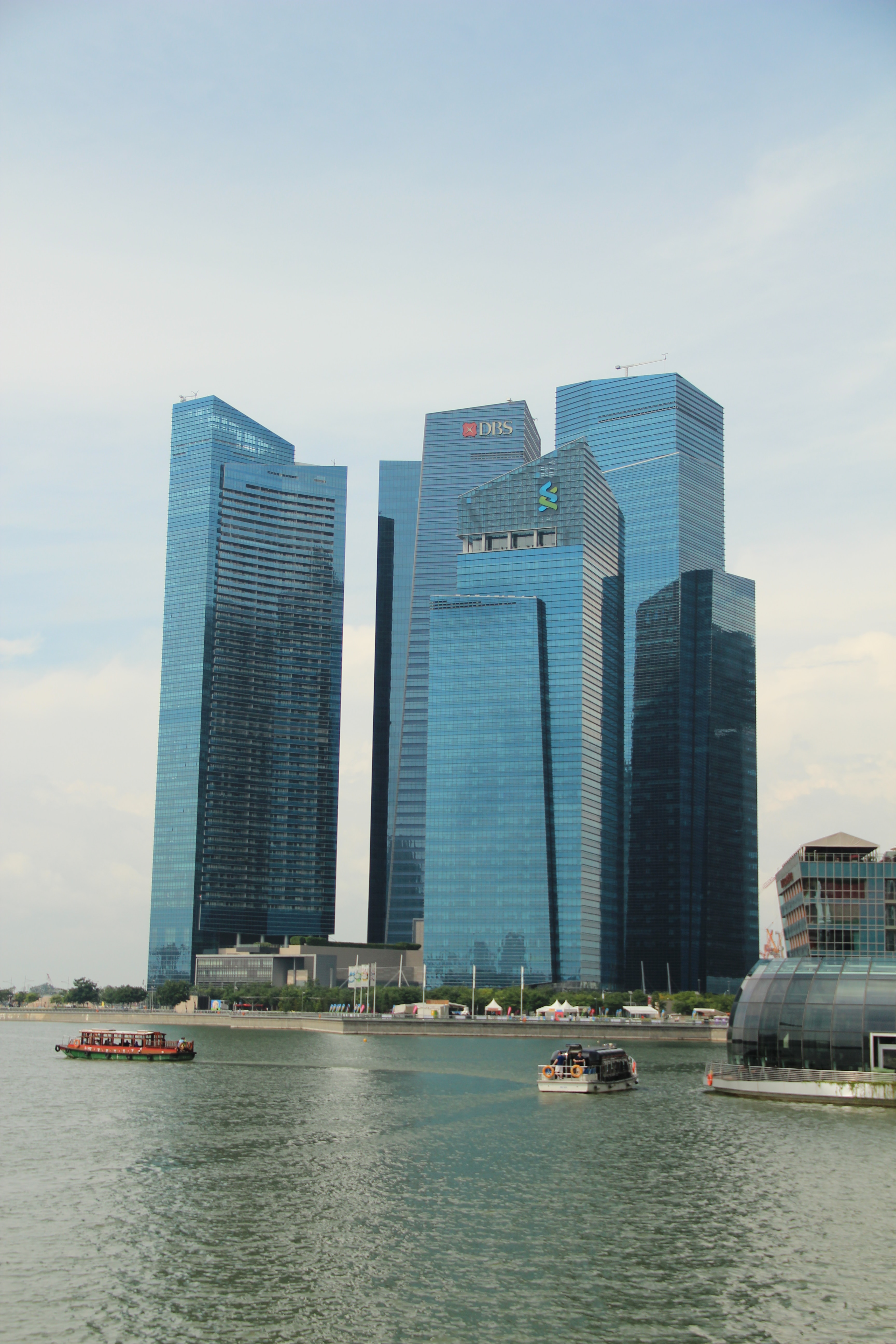The National League for Democracy (NLD)’s astounding victory in the 2015 general election, and the clear mandate that emerged, offered tremendous political capital for its leader Aung San Suu Kyi to reshape Myanmar’s various policies. Although she was constitutionally barred from becoming president, the NLD-dominated parliament created a State Counsellor position exclusively for her. The formation of a competent NLD-led cabinet faced the difficulty of finding suitable and qualified individuals. At the outset, Aung San Suu Kyi held four ministerial positions but retained only two later, including foreign affairs. The NLD eventually could appoint most key executive positions of state institutions, except the portfolios for the three security-related Ministries. Aung San Suu Kyi took the office of Foreign Minister so that she could participate in the meetings of the National Defence and Security Council (NDSC), a vital state body that deals with national security and foreign policy. Both domestic and international expectations were exorbitant on the NLD government.
Did Aung San Suu Kyi make good use of her accumulated mandate to live up to those expectations? To what extent has the NLD government been successful in implementing its foreign policy?
The West had considered Myanmar under the military regime (1988–2010) as a pariah state, with the US and the EU maintaining a long list of diplomatic and economic sanctions. For the USDP government (2011–2015) led by President Thein Sein, rapprochement with Western countries, particularly the US, and reintegrating Myanmar into the world community was an important, if not urgent, task. The then leadership’s strategy was to use liberalisation and democratisation in order to legitimise the new governing structure — the military-sponsored 2008 constitution — and to normalise relations with the West. This approach had some success as it came to converge with the Obama administration’s ‘Pivot to Asia’ to engage with the Asia-Pacific, including Southeast Asia and Thein Sein’s decision to suspend the Myitsone Dam project, an act of public defiance to China. Thein Sein also took advantage of multilateralism to craft his image as a reformist, peace-making president, no less with the help of international actors.
Reintegrating Myanmar into the world community was an important, if not urgent, task.
Myanmar assumed the chairmanship of ASEAN in 2014 and became an active country again in international relations. Nonetheless, the presidency of Thein Sein was marred halfway through its term by stalled reforms, ethno-religious violence, and intra-elite power rivalry. As Thein Sein’s domestic political reforms decelerated, his government fell short of convincing the US to completely remove the sanctions.
The NLD government (2016-present) realised the importance of international relations due to its decades-long struggle for democracy and the popularity of Aung San Suu Kyi, both steadfastly backed by the West and multilateral organisations. In its 2015 election manifesto, the NLD stated that it would ‘pursue an active and independent foreign policy’ and ‘establish friendly and close political relations’. Prioritising national reconciliation and internal peace, the new government took over the pending peace process from its predecessor. Before State Counsellor Aung San Suu Kyi’s visit to the US in September 2016, her government established the Advisory Commission on Rakhine State, chaired by Kofi Annan; and convened the first session of the Union Peace Conference, more widely known as the 21st Century Panglong. Despite protests from domestic opponents (Rakhine and Burman nationalists, political monks, and rival USDP), the Annan-led commission obviously reflected Aung San Suu Kyi’s consideration of the Rakhine issue as an international one. When Obama lifted US economic sanctions on Myanmar in October, it was seen as an achievement of the NLD government. The economic opening allowed Myanmar to start having commercial attachés.
In her speech on the one-year anniversary of the NLD-led government, Aung San Suu Kyi clearly stated her thinking on the linkage between domestic and international politics (30th March 2017). She said, “Our goal is peace. Our goal is national reconciliation. Striving for these goals, we highly appreciate and value the support, assistance and understanding we have received from our friends from around the world. Yet we must be the master of our own destiny”.
Since the end of 2016, domestic security concerns have preoccupied the government’s foreign policy. In Rakhine State, armed attacks on the police border outposts in Maungdaw triggered a series of violent acts and subsequent allegations of human rights abuses. In March 2017 the UN Human Rights Council adopted a resolution calling for an independent international fact-finding mission to Myanmar. Stating that it was not in accord with the situation on the ground and the national circumstances, Myanmar dissociated itself from the resolution. In northern Myanmar bordering China, there has been an escalation of conflicts between the Tatmadaw (Myanmar Armed Forces) and the Northern Alliance-Burma (comprising of ethnic armed groups in the north). To address the border security issues following the fighting, the mechanism of ‘2+2’ high-level meetings between China and Myanmar, involving bilateral foreign affairs and defence ministries was created. The ongoing conflict in northern Myanmar led to the increasing role of China in Myanmar’s peace process.
Aung San Suu Kyi brings significant pride and confidence to Myanmar’s Ministry of Foreign Affairs, but her dual representational role as State Counsellor and Foreign Minister is overwhelming and double-edged.
- While she appointed veteran career diplomats in crucial positions such as Minister of the State Counsellor Office and National Security Adviser, they have been deputised merely in operational tasks.
- Following the non-alignment tradition of Myanmar foreign policy, she has made a careful balancing of relations — through both multilateral and bilateral platforms — with China, the US, and regional organisations such as ASEAN. However, her government has also been criticised for not giving adequate focus on the relations with the US and ASEAN.
- Her numerous responsibilities and role as the ultimate decision-maker apparently resulted in information and implementation gaps, moving her away from a ‘people-centred foreign policy’ she had announced soon after taking office as Foreign Minister.
- The conflicts in Rakhine and Shan States have made her foreign policy more reactive rather than proactive.
The NLD government has been increasingly torn between the demands for more transparency exacted by normalising foreign relations on the one hand and the presumed necessity to accommodate domestic concerns on the other.
Foreign Affairs is Aung San Suu Kyi’s natural strength and she has a relatively successful portfolio under the NLD-led government. Myanmar’s foreign policy has been restricted both by domestic and international factors which raised high expectations on the new leadership. The policy of prioritising peace and reconciliation over economy and constitutional change has ironically allowed ample space for the armed stakeholders (the Tatmadaw and ethnic armed organisations) to maintain control and offset the political change. This sequencing logic of Aung San Suu Kyi in domestic politics makes peace even more far-fetched. It has enhanced the role of some domestic actors and majors powers to reconfigure their strategic positions but has placed the civilian government in a political cul-de-sac. The emerging political setting also enabled the Myanmar Armed Forces to expand bilateral and multilateral defence diplomacy and cooperation, including military-to-military relations. The policy linkage between national and international politics is not without risks, as security imperatives have come to the fore and the government appears to be relying on its relations with the military.
*This blog has been published as part of a series of papers that were presented at the LSE Southeast Asia Forum (SEAF) in May 2017. This annual event provides a unique opportunity to engage with Southeast Asia’s most critical issues, network with renowned experts and participate in high-level debate. For more information, please click here.
*The views expressed in the blog are those of the authors alone. They do not reflect the position of the Saw Swee Hock Southeast Asia Centre, nor that of the London School of Economics and Political Science.
* Banner image is from KX Studio





